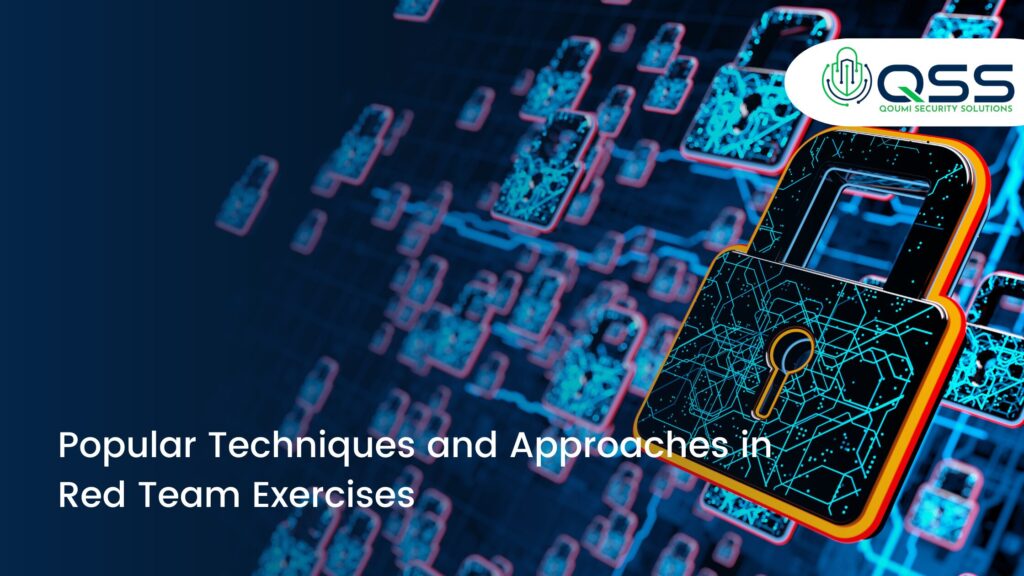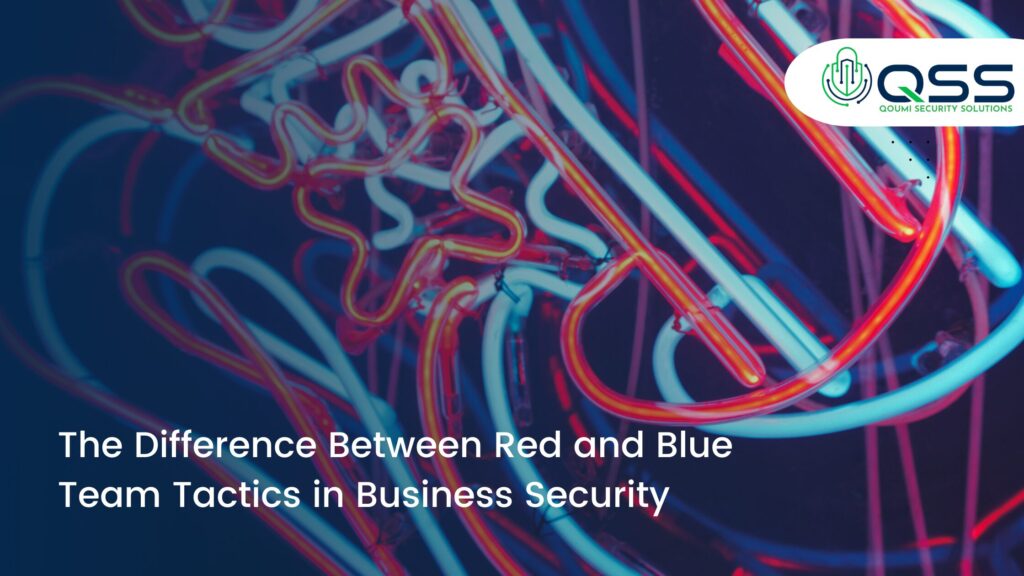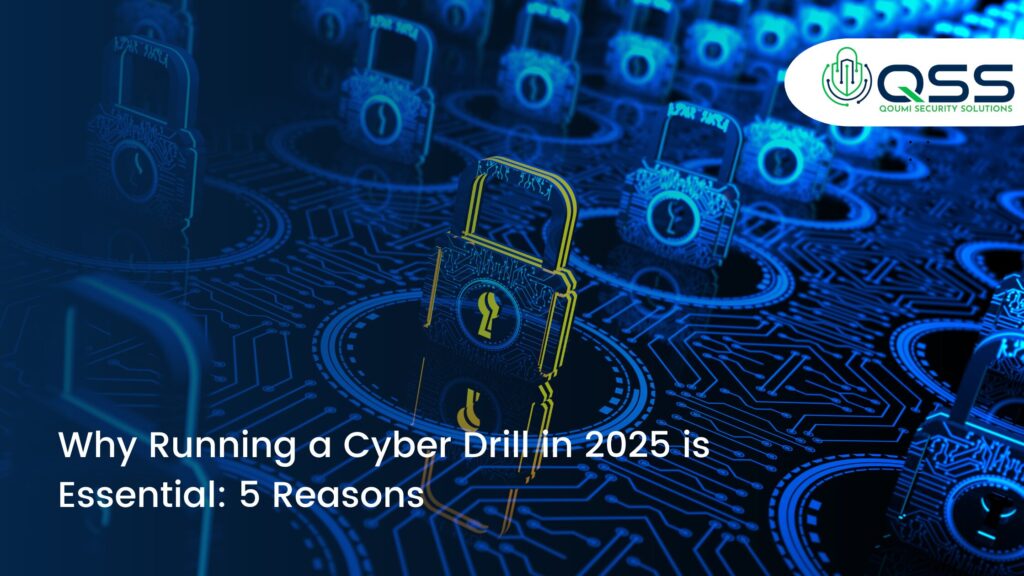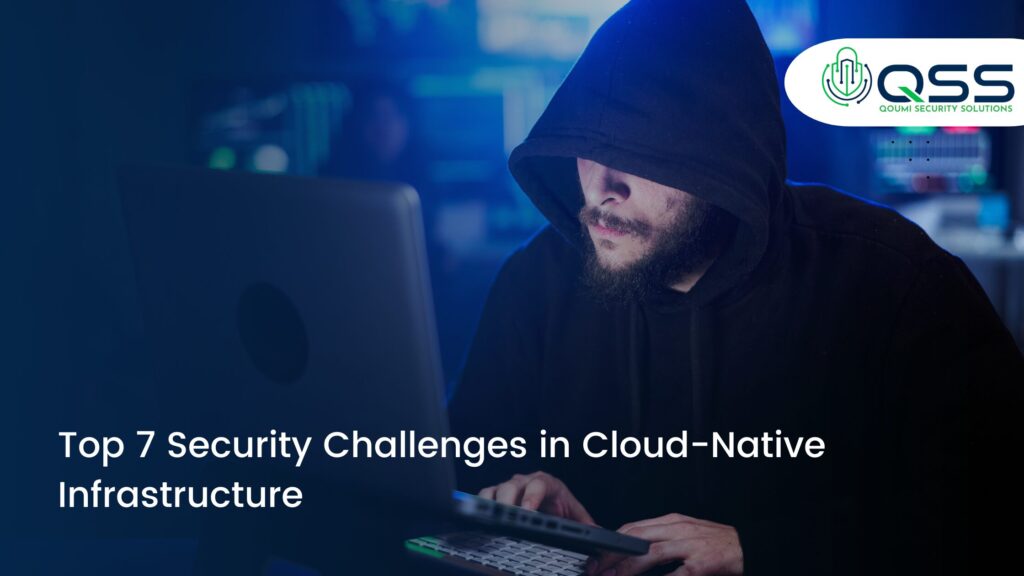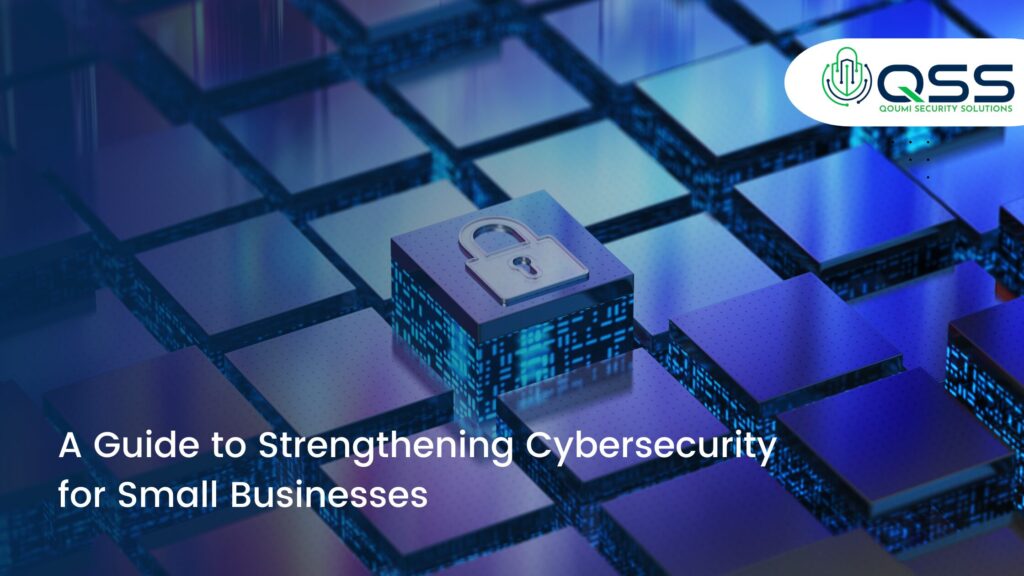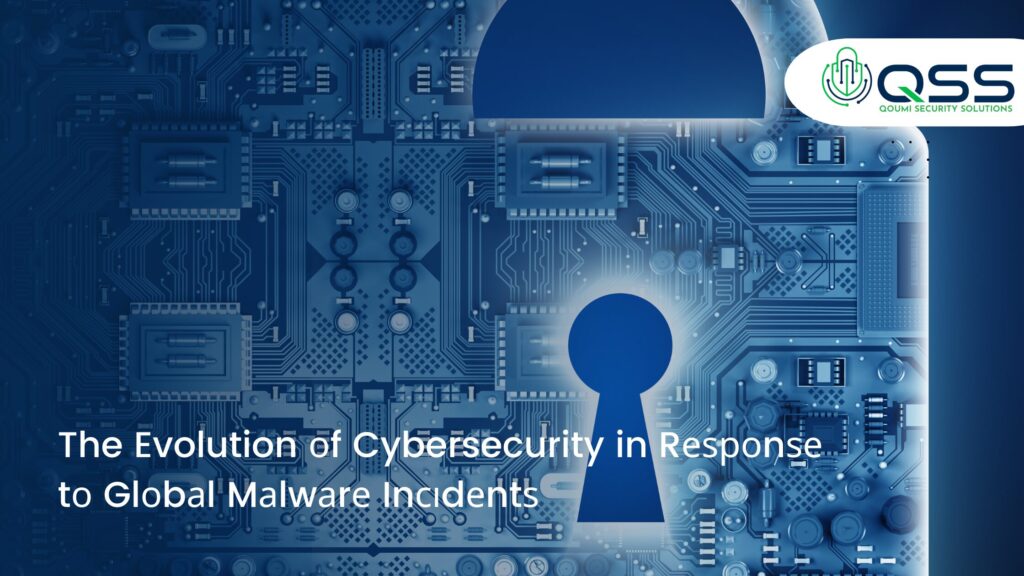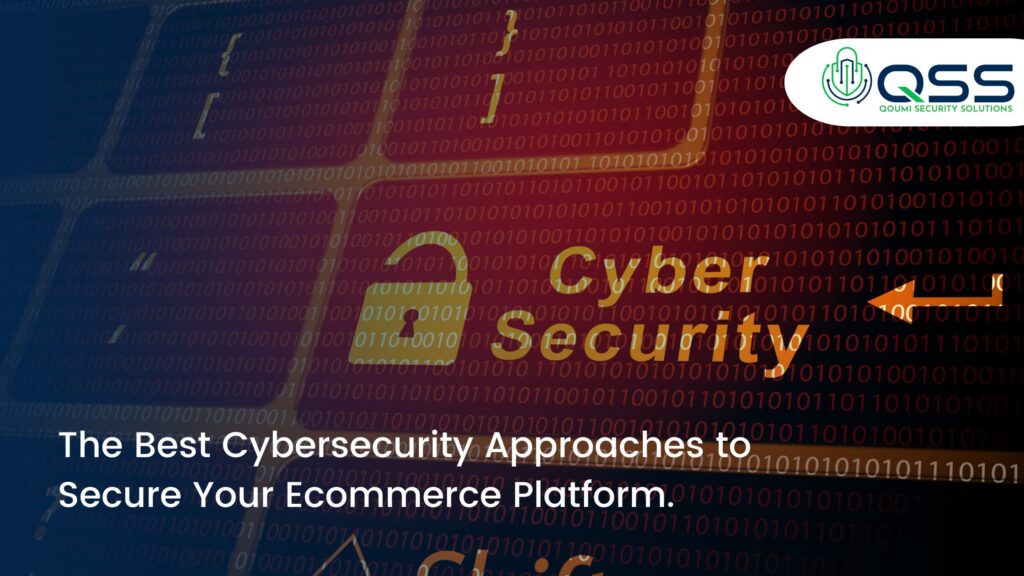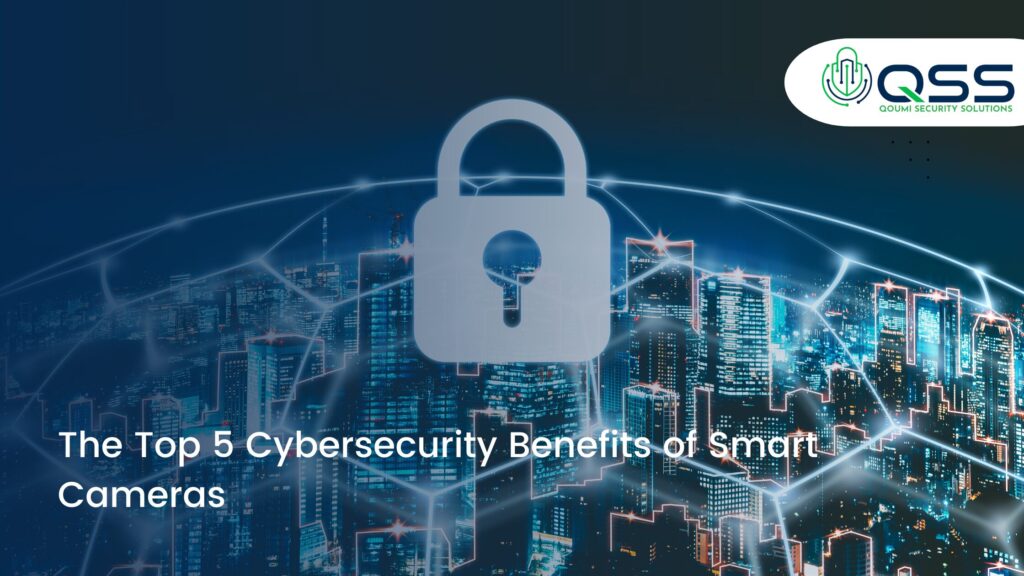Weekly Cybersecurity Digest: Data Exposures,
Threats, and Updates
Weekly Cybersecurity Digest: Data Exposures,
Threats, and Updates
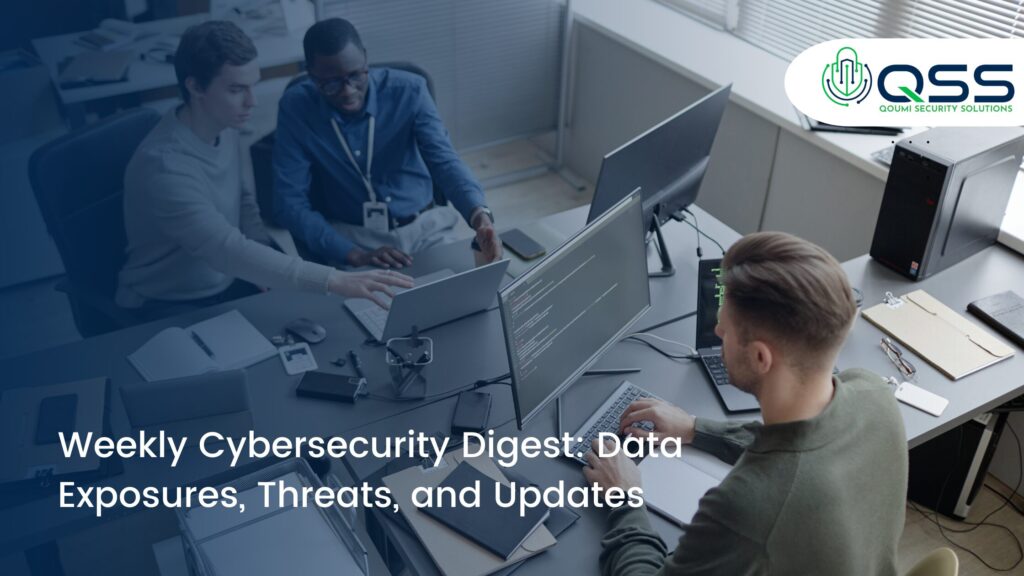
The Importance of Cybersecurity in Today’s Digital Age
In an era where technology drives nearly every aspect of our lives, cybersecurity has emerged as one of the most critical concerns for individuals, businesses, and governments. From protecting personal data to securing corporate assets, the need for robust cybersecurity measures has never been greater. Let’s delve into why this issue is so vital and what steps can be taken to mitigate cyber threats.
Why Cybersecurity Matters?
The digital landscape is evolving at an unprecedented pace. Alongside this progress, cybercriminals are becoming more sophisticated in their methods. Here’s why cybersecurity deserves your attention:
- Rising Threats: Data breaches and ransomware attacks are now commonplace. A single attack can compromise sensitive information, disrupt operations, and lead to significant financial losses.
- For instance, in recent years, ransomware attacks have crippled hospitals, schools, and even city governments, demanding hefty ransoms in exchange for unlocking critical systems.
- High-profile breaches of corporations like Equifax and Yahoo exposed millions of users’ data, highlighting how even large organizations are vulnerable.
- Economic Impact: The global cost of cybercrime is expected to reach trillions of dollars annually. Businesses not only lose revenue but also face reputational damage and potential legal consequences.
- Small and medium-sized enterprises (SMEs) are particularly vulnerable because they often lack the resources to recover from a significant attack.
- Beyond direct costs, organizations face long-term consequences like lost customer trust and increased insurance premiums.
- Privacy Concerns: With the increasing digitization of personal information, such as banking details and health records, the risk of identity theft looms large.
- In 2022 alone, millions of individuals fell victim to identity theft, resulting in financial losses and emotional distress.
- Data misuse can also have long-term effects, such as affecting credit scores or compromising health care decisions.
- National Security: Cybersecurity isn’t just a corporate issue; it’s also a matter of national security. State-sponsored cyberattacks can target critical infrastructure, posing threats to public safety.
- Recent attacks on energy grids, water treatment facilities, and election systems demonstrate the potential scale and impact of cyber warfare.
Practical Steps to Enhance Cybersecurity
While no system is entirely foolproof, there are several measures individuals and organizations can take to bolster their defenses:
- Regular Software Updates: Keeping software and systems up to date ensures protection against known vulnerabilities.
- Outdated systems are often exploited by attackers who leverage publicly available information about old security flaws.
- Strong Passwords and Authentication: Use complex passwords and enable multi-factor authentication wherever possible.
- Password managers can help create and store secure passwords, reducing the likelihood of compromise.
- Employee Training: For businesses, educating employees about phishing scams and safe online practices can significantly reduce risks.
- Simulated phishing tests can be an effective way to identify and address weak links in an organization.
- Backup Data: Regularly backing up important data helps in recovering quickly in the event of an attack.
- Cloud-based backup solutions provide an extra layer of security, ensuring critical files are safe even if local systems are compromised.
- Invest in Security Tools: Firewalls, antivirus software, and intrusion detection systems are essential components of a strong cybersecurity strategy.
- Advanced tools like endpoint detection and response (EDR) solutions can offer real-time protection against evolving threats.
- Adopt Zero Trust Architecture: Zero Trust principles ensure that no user or device is trusted by default, even if they are within the network perimeter.
- This approach minimizes the risk of insider threats and lateral movement within systems.
Emerging Trends in Cybersecurity
The cybersecurity landscape is constantly shifting. Staying informed about emerging trends can help individuals and organizations remain prepared:
- Artificial Intelligence (AI) in Cybersecurity: AI-powered tools are being developed to identify and respond to threats in real-time. However, cybercriminals are also using AI to launch more targeted and sophisticated attacks.
- IoT Vulnerabilities: As the Internet of Things (IoT) continues to expand, so do its vulnerabilities. From smart home devices to industrial systems, poorly secured IoT endpoints can serve as entry points for attackers.
- Cloud Security: With the increasing reliance on cloud-based solutions, securing these environments is a top priority. Misconfigured cloud settings remain a significant vulnerability.
- Rise of Cyber Insurance: As attacks become more prevalent, organizations are turning to cyber insurance to mitigate financial risks. However, policies often come with stringent requirements for compliance and preventive measures.
Looking Ahead
As we move deeper into the digital age, cybersecurity will only grow in importance. It’s a shared responsibility that requires vigilance, investment, and education. Whether you’re an individual safeguarding personal information or a business protecting critical assets, taking proactive steps today can save you from devastating consequences tomorrow.
Cybersecurity is not just a technical challenge; it’s a fundamental aspect of modern life. By prioritizing it, we can ensure a safer digital environment for all.
The future of cybersecurity will demand innovation, collaboration, and a relentless commitment to staying ahead of cybercriminals. By understanding the risks and acting decisively, we can build a digital world where security and privacy are not afterthoughts but foundational principles.
